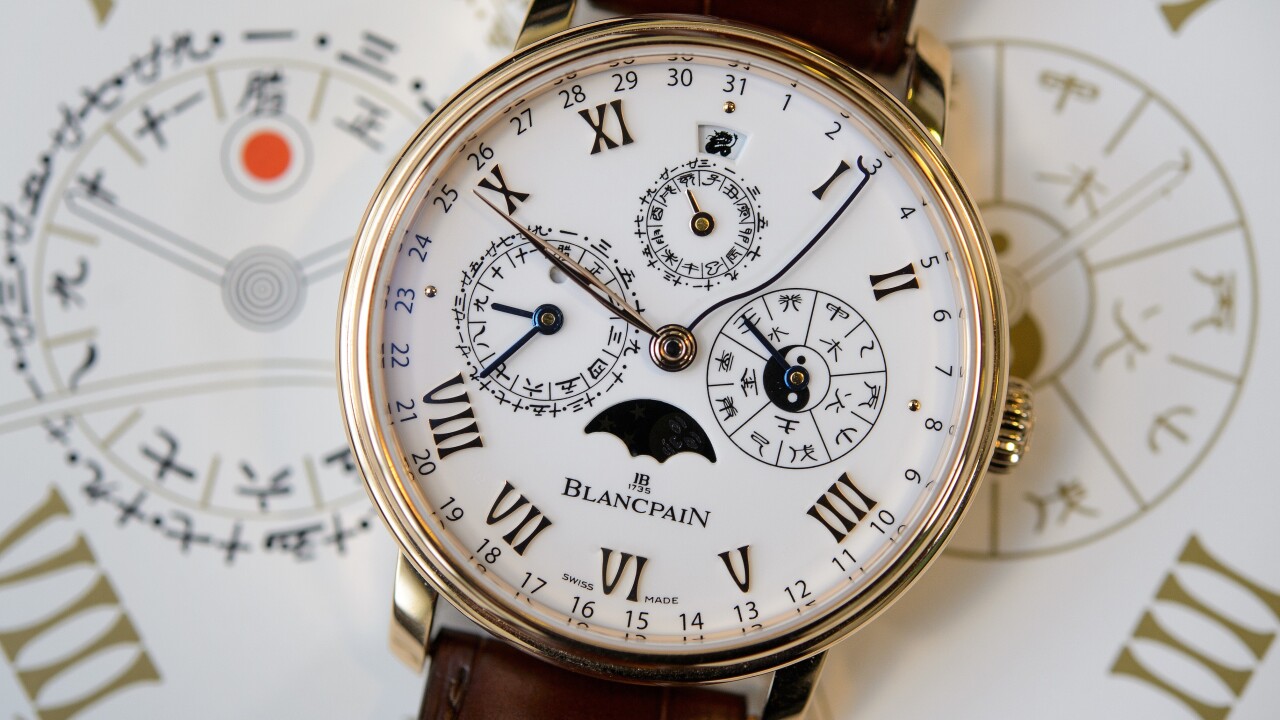
As folks come back from their August vacations, September is poised for another rapid-fire batch of consumer electronics announcements. Samsung, Sony, Motorola and Apple all have major launches scheduled in the next couple weeks, not to mention the IFA show. New smartwatch products are expected at many of those events.
Last September was supposed to kick off the smartwatch revolution. In a single day, we saw Sony launch its Smartwatch 2, Samsung release the Galaxy Gear, and Qualcomm announce the Toq. None of those have really taken off over the past year.

After being disappointed by the Galaxy Gear and the LG G Watch, my colleague Ben Woods has said he’s given up on smartwatches for now. It’s a natural sentiment given the current state of the space, but this year’s cohort should be a leap ahead of the previous generation. We’ll still be approaching new smartwatch announcements with skepticism, but there’s hope that this time’s the charm.
Platform
Up until now, new smartwatch products have lacked a true platform, leaving makers to improvise their own solutions. Google is trying to tackle the problem with the release of its Android Wear SDK. Meanwhile, Apple is laying the groundwork for a wearable platform with its HealthKit and HomeKit frameworks.

Among existing smartwatch companies, Pebble has made the most progress in building a platform for its developer community, but its product is a bridge device that offers limited functionality without being fully “smart.” The company is already serving a sizable market, but it’s still niche.
This year, the foundations for new platforms are in place. That doesn’t guarantee that successful smartwatch products will be built on top of them, but they certainly improves the odds.
Style
Early smartwatch designs have been awkward. Many makers haven’t made the jump from designing electronics for your pockets to devices that you’re proud to wear on your wrist. The smartwatch space right now is a lot like the smartphone market in 2006. The Palm Treo and other Windows Mobile devices were technically “smart,” but they were clunky, hideous and unimaginative.
Motorola’s Moto 360 makes a fashion statement. We won’t all agree on whether it’s a positive one, but the important part is that it has takes a risk, instead of watering down design decisions until the product becomes utterly forgettable. You can bet that if Apple announces a watch too, it will also have a unique style.

We’re also excited about the design behind the Meta M1 watch, which is expected to start shipping in September. The company was spun off from Fossil, so it’s approaching smartwatches as an experienced watch maker, rather than a phone company.
Function
Up until now, smartwatches have been stuck in an unfortunate compromise when it comes to features. Some do too little, some try to do too much. There’s a case to be made for both the well-thought-out minimalist watch that serves as a companion to your phone, and a powerful device with unique input, health features and contextual intelligence.
We still have yet to see a ‘killer app’ for watches. Notifications are certainly important, but buying a device and wearing it all the time just so you don’t have to take your phone out of your pocket is hardly a strong value proposition.
We’re eager to see the potential that tools like Google Now and Siri have when attached to our wrists. Motorola, for instance, is touting the Moto 360 as a watch that can keep you “on track, and on time.” Reliable voice assistants on your wrist could solve the cramped input issues that smartwatches have been plagued with. Sure, Samsung’s Gear watches have the S Voice feature, but it hasn’t lived up to its promise.

Health will also play a vital role in the success of smartwatches. The popularity of fitness bands have shown the interest that users have in collecting and monitoring their health data. The first watch that offers a meaningful positive effect on our health will sell by the millions. By playing a part in saving lives, it will be the literal opposite of a “killer” app, and we’re okay with that.
Conclusion
There’s still a lot we don’t know about the new smartwatch products coming next month. Recode, for instance, contends that Apple’s wearable won’t actually ship until 2015. Motorola offered controlled Moto 360 demos at Google I/O, but the specifics on many of its features remain fuzzy. Even so, if things go as planned, we’re on the cusp of watching a new product category mature, just like smartphones in 2007 and tablets in 2010.
I, for one, am hopeful about the devices we’ll see launched this September, but if smartwatches turn out to disappoint us yet again, electronics makers are at risk of coming across as The Boy Who Cried Wolf. Either way, it’s going to be an interesting month.
Top photo credit: FABRICE COFFRINI/AFP/Getty Images
Get the TNW newsletter
Get the most important tech news in your inbox each week.




